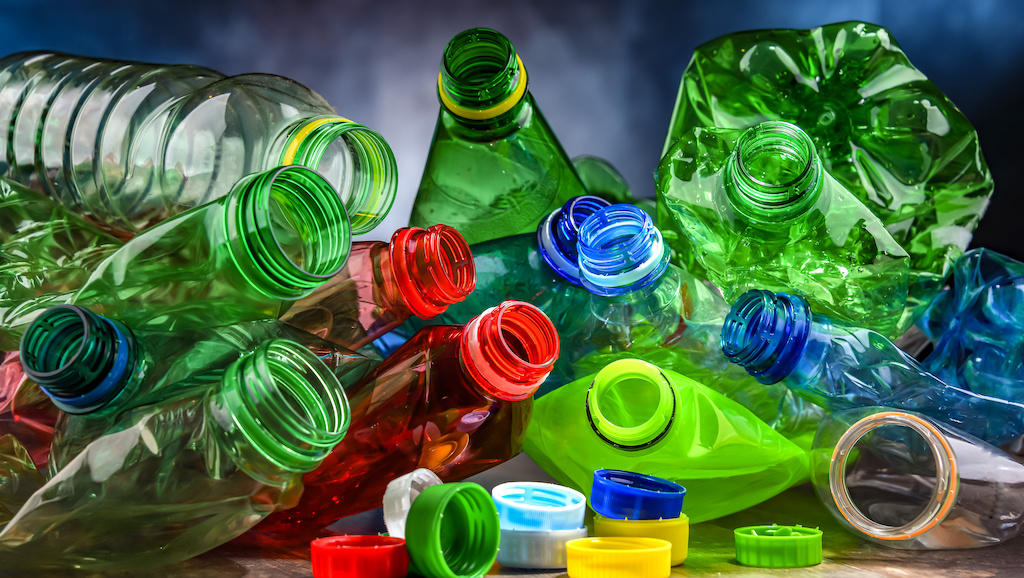
175 countries agreed last year to create a legally binding accord to combat plastic pollution. In one
year, these countries will have completed discussions for the world’s first international Plastics
Treaty, which aims to reduce the health and environmental risks posed by hazardous plastics.
Recent conversations, on the other hand, demonstrate the importance of avoiding illusory solutions
and focusing on the core causes of the plastics problem. Plastics and chemical pollution, according to
scientific studies, have already overtaken the planet’s ability to withstand these threats.
Worryingly, forecasts indicate that plastic manufacturing will triple in the following decades, implying that this
breach of the planetary boundaries for sustainable existence could be fatal for Earth’s life.
Plastics are manufactured using fossil fuels and thousands of chemicals, many of which are known to
be very toxic, as well as thousands of other substances that have never been researched and maybe
just as dangerous.
Chemicals are released and potentially expose people at every stage of the plastic life cycle,
including production, transportation, use, and disposal.
Plastic chemicals have been linked to cancer, heart disease, infertility, effects on brain development, and a variety of other health issues. Plastic pollution is carried globally by the oceans, and these hazardous plastic chemicals have been discovered even in the most isolated regions of the Arctic, where Indigenous groups are now facing
high rates of health problems connected to chemical exposures.
While the production of chemicals and plastics is expanding in many countries, vulnerable people,
notably Indigenous communities, are disproportionately affected by plastic pollution, despite not
benefiting from the plastics industry’s profits.
Wealthy countries also export their plastic rubbish to low- and middle-income countries, resulting in
uneven health and environmental consequences for these populations.
For example, while the African continent is not a big producer of plastics, wealthier countries export their plastics and plastic garbage to Africa, frequently under the pretext of recycling, introducing hazardous chemicals
that endanger children and health.



































































